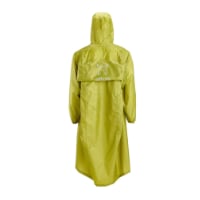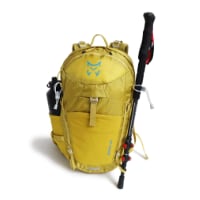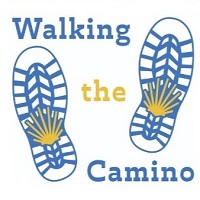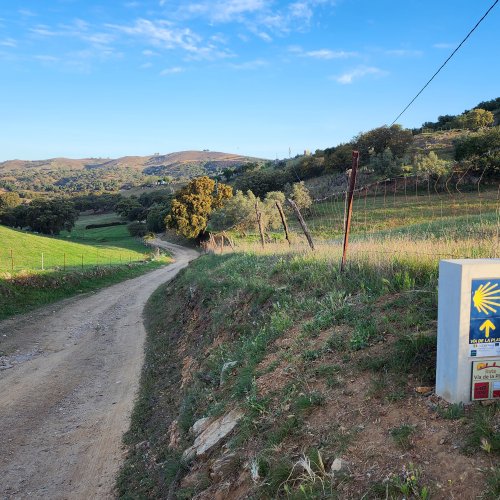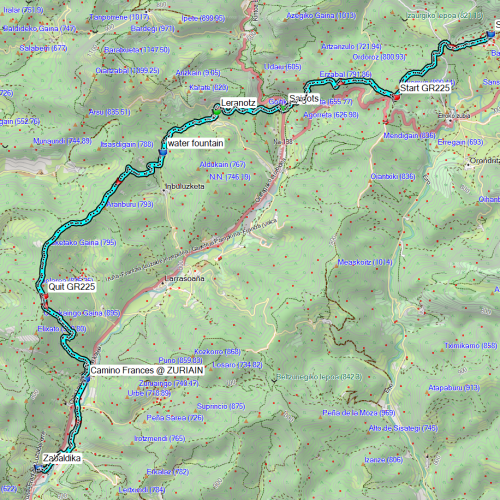Al - ber' - gay
Here is my understanding from my own travels and from
Brierley's book:
Albergue - This is a fairly generic term used to mean a pilgrim's hostel provided throughout the route, generally at about 10-20 km intervals. . . There are different types of "albergues"
Municipals are owned and maintained by the local authority. The warden or hospitalero is usually a local resident, often living next door. Most offer basic facilities and are cheap.
Parroquias (which I also heard referred to as
refugios) are generally owned by the local diocese and run by the parish priest. Some offer a regular pilgrim mass. Tend to be more informal than municipal hostels. Many are by donation. Often offer a mat on the floor and a simple meal (soup, bread, wine).
Monasterio or
covento - In Pilgrim language, Monasterio is a monastery run by monks while Convento usually is a convent run by nuns. Usually more spiritual feeling, often with silent hours, sometimes offer food, sometimes do not. Most offer showers, although sometimes they are COLD! Brrrrr!
Confraternity hostels are owned and run by local Spanish or other national confraternities, sometimes with the local authority. They tend to be particularly well-equipped for the needs of the pilgrim and are often tended by former pilgrims.
Private hostels (albergues privado) are privately owned hostels, sometimes in a loose federation, sometimes not. They tend to be a bit more expensive, but also often offer more niceties.
In all of these places you can count on a bed or a mattress on the floor.
99% of them have showers.. most are hot... some, however, are not. If that's important, you'd better ask. Some serve a meal, especially if they're in a place with no restaurant. Some do not, so plan ahead. All that I stayed in had at least a sink for washing clothes by hand. Very few had automatic washers. All had clotheslines. Some had spinners and very few had automatic dryers. Some were clean and well attended. Some were dirty and abused or ignored.
It's nice if you can spend an hour cleaning a dirty place -- the next pilgrims will be blessed by your kindness.
Also, if you get stuck in a town, you can often request to sleep in the Church or at least on the covered porch or in the yard of the Church, which is not always a bad thing, especially in nice weather. Gives you the chance to experience the Milky Way!


